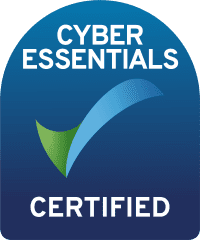Changes to the civil penalty scheme to prevent illegal working
Following a public consultation in the summer 2013, the government announced its intention to make changes to the civil penalty scheme to prevent illegal working. Details were set out in its response to the consultation in October 2013. The changes are intended to encourage and support employers to fulfil their duty to make the correct checks on their employees to ensure that they have the right to work in the UK. They came into force on 16 May 2014.
Illegal working is the main incentive for illegal immigration and often results in abuse and exploitation, the mistreatment of illegal migrant workers, tax evasion and illegal housing conditions. It can undercut legitimate business and have an adverse impact on people who are lawfully in the UK.
Employers have had a duty to prevent illegal working since 1997 by carrying out specified document checks on people before they employ them. Since 2008, this duty has been underpinned by a civil penalty scheme. Under section 15 of the Immigration, Asylum and Nationality Act 2006 an employer may be liable for a civil penalty if they employ someone who does not have the right to undertake the work in question.
On 16 May 2014 changes came into force to strengthen and simplify the civil penalty scheme for employers. This included changes to make it easier for employers to conduct right to work checks on their employees, as well as ensuring a more robust response to businesses which employ illegal workers.
To simplify the right to work checks:
The range of acceptable documents that employers may have to check has been reduced
- the frequency of follow-up document checks for most employees with limited permission to be in the UK has been reduced
- the grace period for right to work checks for employees acquired as a result of a Transfer of Undertakings (Protection of Employment) has doubled to 60 days
- guidance has been simplified and support for employers is being improved
To get tougher on employers of illegal workers the maximum civil penalty for the employment of an illegal worker has doubled to £20,000. The increased maximum penalty better reflects the harm caused by employing illegal workers, the costs to wider society and the unfair economic advantage derived from the activity. The Immigration Bill will also be used to make it easier to enforce the payment of civil penalties in the courts.
Full details of the changes and new requirements are set out in guidance available on GOV.UK, together with tools to assist employers in making right to work checks.
These measures do not make employers responsible for immigration control. The Home Office remains the first line of enforcement against illegal immigration and works with other agencies across government to take effective action against labour market abuse.


